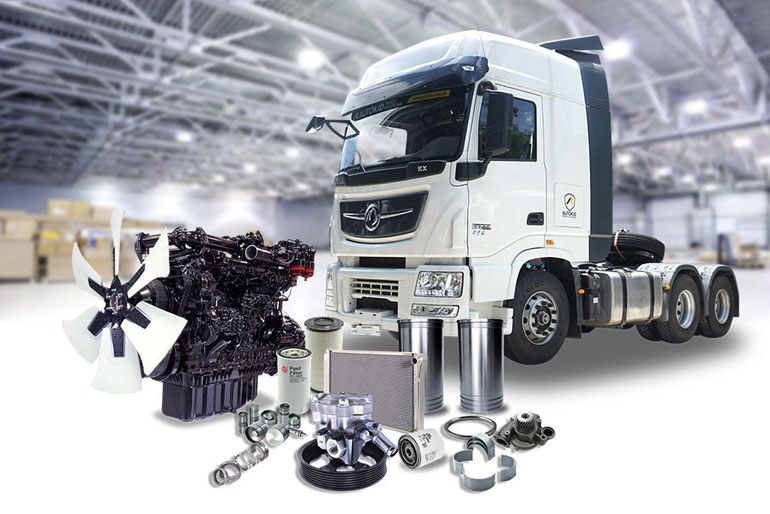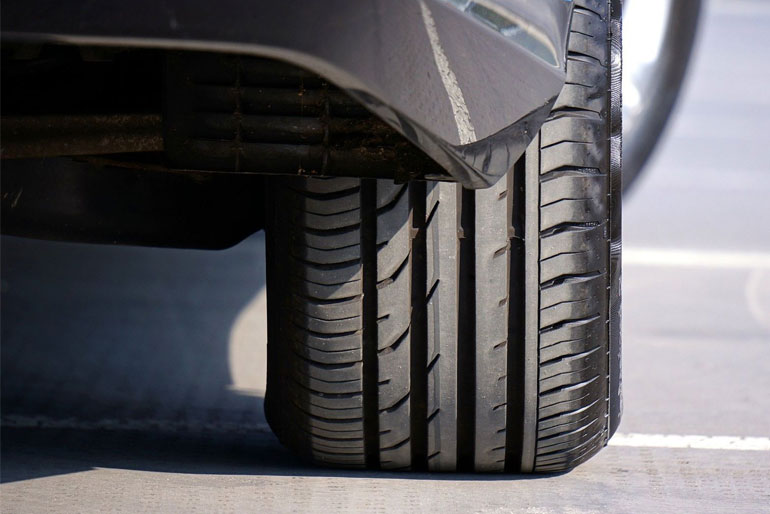Your tires are the single most important thing keeping your car on the road. Improperly maintained or worn tires can dramatically change a car’s handling characteristics, lifespan, and even fuel economy. Those 4 pieces of rubber are the only thing separating your car from the road, so it’s important to regularly inspect and maintain them. Thankfully, tires are one of the easiest maintenance jobs and can be completed by a shop in a couple of hours. Here are the basics.
Maintain the Proper Air Pressure
Your tire’s air pressure should be measured at least once a month. Tires lose air over time, regardless of a puncture or leak. Without getting too scientific, about 1-3 psi is lost every month to osmosis. That means in 6 months a completely healthy tire can lose up to 18 psi if not properly maintained. The ideal psi for your tires is listed in your vehicle’s owner’s manual or inside the driver’s door jamb. It typically falls in the range of 30-35 psi. Make sure all 4 tires are within spec. Most gas stations have a filling station on site.
Properly inflated tires will ensure your tires are wearing evenly, extending their life by up to 4,500 miles. You’ll save on gas too, most Americans see an increase in MPG by 0.6% from this tip alone.
Get Your Tires Rotated
Rotating your tires helps extend service life by promoting even tire wear. The driven tires typically see more wear than undriven tires. Since most vehicles on the road are 2-wheel drive, a rotation every 5,000 miles will even out treadwear. Even all-wheel drive vehicles should stick to the same schedule due to each tire experiencing different steering degrees, weight transfers, and in some cases power delivery. A good rule of thumb is to rotate your tires with every oil change.
Have Your Wheels Balanced
Commonly performed alongside tire rotations, wheel balancing corrects an uneven distribution of weight caused by normal use. Out-of-balance tires result in vibrations and uneven tire wear. A wheel balance every 5,000 miles will have a significant effect on the longevity of your tires.
Ensure Your Car Has a Proper
Alignment
An alignment ensures that your vehicle’s suspension is within factory spec. A properly aligned car makes even contact with the road and wears tires evenly. Common signs of a bad alignment include:
- Vehicle drifting to the right or left
- Uneven tire wear
- The steering wheel is off-center when driving straight
- Steering wheel vibrations
- Drop in gas mileage
Misalignments can be caused by hitting a pothole or hitting a curb. Generally, an alignment should be on your maintenance list if you experience the above symptoms. Many tire shops include a free alignment check.
Well Cared For Tires Bring
Savings and Safety
The cost of maintaining your tires is much cheaper than buying a whole new set. By extending the life of your tires, you’ll save big time, not to mention the increase in MPGs that come with proper care.
The safety benefits are convincing. Worn-out tires can lead to increased braking distance, loss of traction, and poor weather performance. According to the NHTSA, tire failures account for about 11,000 accidents per year. A well-performing tire makes you much more suited to avoid a car accident and increase your safety. If you suspect you were in a car accident as a result of somebody else’s improperly maintained tires, speak with the car accident attorneys at RKM Law to see if you have damage recovery options.







